According to the Vietnam Association of Seafood Exporters and Producers (VASE), on June 18, the US Department of Commerce (DOC) announced the official results of the anti-dumping tax rate (CBPG) in the 20th administrative review (POR20) on frozen pangasius fillets imported from Vietnam into the US, from August 1, 2022 to July 31, 2023.
The results of the 20th administrative review show that 7 Vietnamese pangasius enterprises have a tax rate of 0%, including: Bien Dong Seafood Company Limited/Bien Dong Hau Giang Seafood Joint Stock Company, Can Tho Seafood Import-Export Joint Stock Company (CASEAMEX), Dai Thanh Seafood Company Limited, Dong A Seafood Company Limited, Hung Ca 6 Joint Stock Company, Nam Viet Company, NTSF Seafood Joint Stock Company.
DOC determined that Bien Dong Seafood Company Limited/Bien Dong Hau Giang Seafood JSC did not sell frozen pangasius fillets at a price lower than the normal value in POR20.
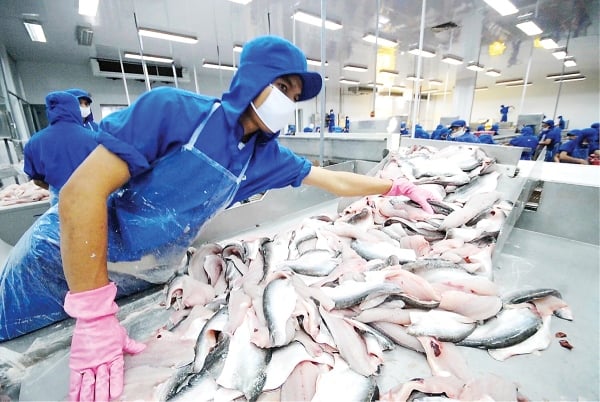
The remaining six companies have proven eligible for separate tariffs. These companies have been subject to the South China Sea tariff of $0/kg.
Pangasius is one of the main export products, bringing in billions of dollars in revenue for Vietnam's seafood. Of which, traditional pangasius fillet products account for 80% of the total pangasius exported from Vietnam to world markets. The US is one of Vietnam's key pangasius consumption markets, so the tax issue in the US market has a big impact on the entire industry.
According to Vietnam Customs, pangasius exports to the US in May 2025 reached 41 million USD, up 35% compared to May 2024. Total pangasius exports in the first 5 months of 2025 to the US reached 142 million USD, up 7% compared to the same period in 2024.
VASEP believes that Vietnamese pangasius still maintains its price advantage in the context of American consumers tightening their spending due to prolonged inflation. Not only competing on price, pangasius also has the ability to be processed flexibly, suitable for many segments such as restaurants, industrial kitchens, retail systems... helping the product maintain its presence in the US and expand to the general customer group, not just limited to the Asian community.
However, the instability of US trade policy is making long-term planning difficult. However, if businesses proactively adapt and have a methodical strategy, pangasius can completely maintain its market share and overcome challenges as it has done before.
Besides the US, the European market also recorded positive signals thanks to low inflation, loose fiscal policy and a stronger euro - factors that promise to boost seafood consumption and imports.
In order for pangasius to become a “national” product, VASEP believes that a comprehensive and synchronous strategy is needed, with close coordination between the State, enterprises and associations in improving product quality, expanding markets and repositioning the value of pangasius in both domestic and international markets.
Source: https://doanhnghiepvn.vn/kinh-te/7-doanh-nghiep-ca-tra-viet-nam-huong-thue-chong-pha-gia-0-tai-my/20250623060303052



![[Photo] The 9th Party Congress of the National Political Publishing House Truth](https://vphoto.vietnam.vn/thumb/1200x675/vietnam/resource/IMAGE/2025/6/24/ade0561f18954dd1a6a491bdadfa84f1)

![[Photo] Close-up of modernized Thu Thiem, connecting new life with District 1](https://vphoto.vietnam.vn/thumb/1200x675/vietnam/resource/IMAGE/2025/6/24/d360fb27c6924b0087bf4f288c24b2f2)
![[Photo] General Secretary To Lam meets with the Group of Young National Assembly Deputies](https://vphoto.vietnam.vn/thumb/1200x675/vietnam/resource/IMAGE/2025/6/24/618b5c3b8c92431686f2217f61dbf4f6)



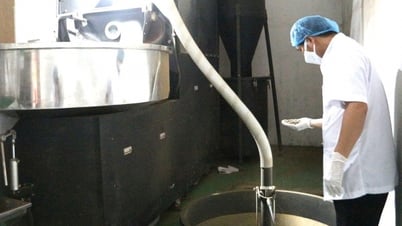

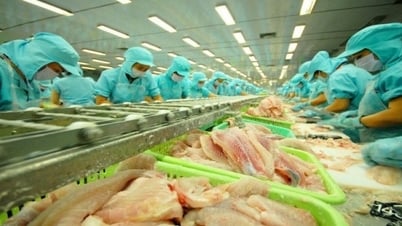



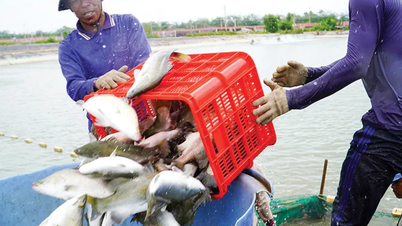

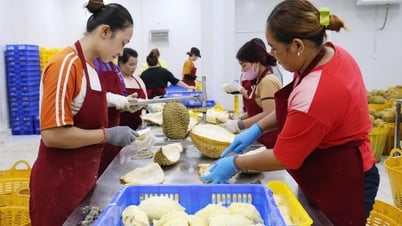
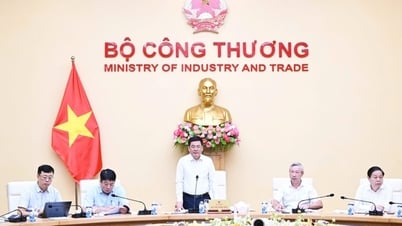
















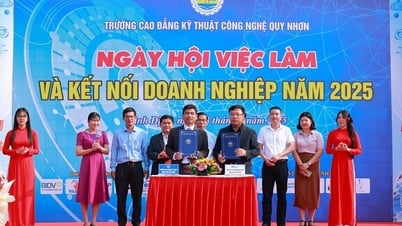































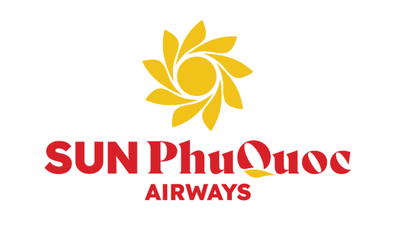














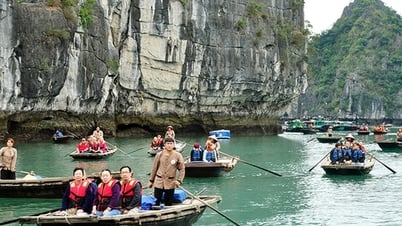

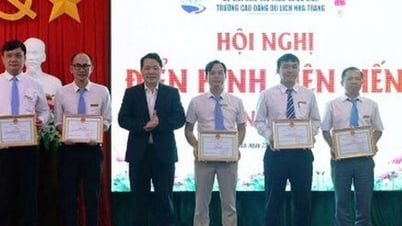



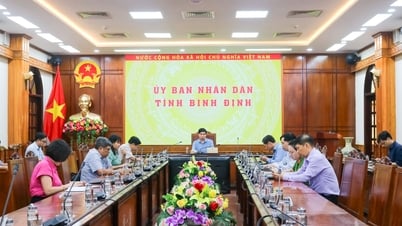


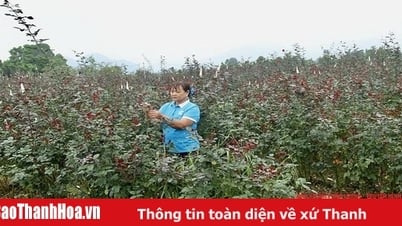




















Comment (0)